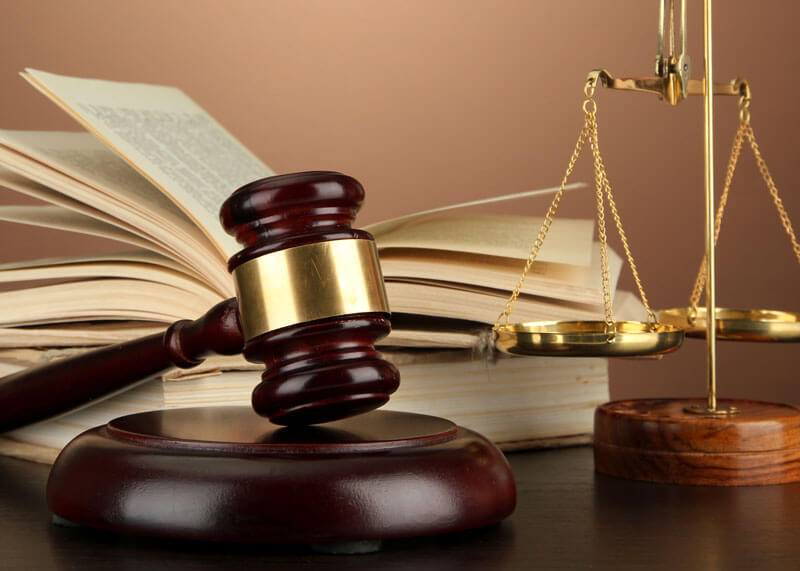
I have been privileged to see the charge sheet containing the allegations against the Chief Judge of Nigeria (CJN), Justice Walter Onnoghen. All of them preceded his appointment as the CJN. Does it mean that the president and his team never saw these allegations or they compromised all that time?
It will be recall that the confirmation of the Justice Walter Onnoghen as a CJN by President Buhari took about six months. The reasons adduced at that time was that the presidency was awaiting clearance from Director of State Service (DSS), Nigeria Police Force (NPF), Economic and Financial Crime Commission (EFCC) and other agencies to be certain that he was a fit and proper person to preside over the judicial arm of our government. He was screened and cleared and then sworn-in.
Now, it is election time and all of us know that the CJN has many functions to perform as far as pre-election litigations are concerned and post-election cases from the tribunals. The president now wants to remove the CJN at all cost to pave way for his kinsman so that nepotism will rule the day in assigning judges to cases pre and post elections. It is not done anywhere in the world.
This is a battle against all lawyers. The impression being that there is nothing left of our judicial system so that even if tomorrow the charges are withdrawn against the CJN, judgments coming from the courts as regards the elections will lose clout in the perception of the general public and the international community.
The president is insisting that the CJN should be removed immediately. The petition leading to this charge was written on the 7th of January, 2019 and received by the Code of Conduct Tribunal (CCT) on the 9th of January, 2019 the charge was filled on the 11th of January, to be heard on the 14th of January, 2019. Every critical political observer knowns this is political and it is to embarrass not just the CJN but the entire judiciary and those of us lawyers associated with that arm of government.
For the records, the extant law on charging any judicial officer for any allegation relating to his/her conduct in office is as held by the Court of Appeal in Nganjiya vs. FRN to the effect that no judicial officer can be charged for criminal offences relating to his office until and unless, he has first been tried by the NJC, found culpable and removed from office. The law has not changed. The EFCC is still appealing that judgment at the Supreme Court and until it is reversed, President Buhari and his co-travellers should forget this fruitless jamboree exercise.
You cannot charge the CJN until and unless the NJC has by due process of law found him wanting.
Bolaji Ogungbemi write from Abuja.
In this article:
